Search Results
Showing results 1 to 20 of 30

Measuring Wind Speed
Source Institutions
In this indoor and/or outdoor activity, learners make an anemometer (an instrument to measure wind speed) out of a protractor, a ping pong ball and a length of thread or fishing line.
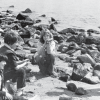
Beachcombing
Source Institutions
In this outdoor activity, learners become beachcombers as they walk on a sandy beach in search of evidence of life.
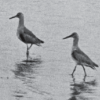
Flocking for Food
Source Institutions
In this outdoor beach activity, learners use a variety of "beaks" (such as trowels, spoons or sticks) to hunt for organisms that shore birds might eat.

Soil Profile
Source Institutions
In this activity, learners will create a soil profile in a bottle. They will learn about the organic and inorganic matter found in soil and observe as it separates into layers in the bottle.
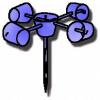
Catch the Wind
Source Institutions
In this weather activity (page 1 of the PDF), learners will construct their very own anemometer to measure wind speed.
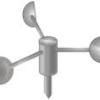
Paper Cup Anemometer
Source Institutions
In this meteorological activity, learners get to build their very own anemometer (instrument for measuring wind speed) using a paper cup.
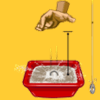
Comet Cratering
Source Institutions
Make impact craters with marbles (or rocks or washers) in a container of flour. Find out what you can learn about your "comets" by the craters they make.

Using a Simple Astrolabe
Source Institutions
In this activity, learners use an astrolabe to measure the altitude of objects. Learners will first practice taking measurements by measuring the altitude of trees and buildings.
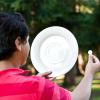
Big Sun, Small Moon
Source Institutions
Learners will explore the concept of angular distance, and investigate why the moon appears to be the same size as the sun during a solar eclipse, despite the sun being much larger.
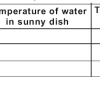
Cool Trees
Source Institutions
This warm weather activity introduces learners to the impact trees have on blocking the sun's heat and reducing temperature on the Earth's surface.
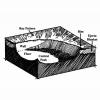
Mars Perseverance Activity: Mud Splat Craters
Source Institutions
In this activity, learners explore the physics of impact craters from their own backyard using mud. Learners are encouraged to match features of real impact craters to their models.
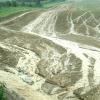
Identifying Erosion
Source Institutions
In this environmental science activity (page 3 of the PDF), leaners will identify and explain the causes of erosion.
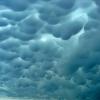
Head in the Clouds
Source Institutions
In this activity, learners create a CloudSpotter wheel and record the different types of clouds they observe twice daily over several days.
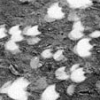
How to View a Solar Eclipse
Source Institutions
This is an activity to do when there is a solar eclipse!
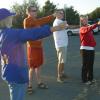
Does the Moon Rotate?
Source Institutions
This fun and simple hands-on astronomy activity lets learners make 3-dimensional models of the Earth and Moon.
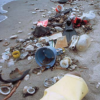
Trash Traits
Source Institutions
In this activity on page 24, learners perform experiments to examine whether or not trash can float, blow around, or wash away.
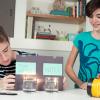
Make a UV Detector
Source Institutions
In this activity, learners use tonic water to detect ultraviolet (UV) light from the Sun and explore the concept of fluorescence.
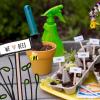
Egg Carton Nursery
Source Institutions
In this activity, young learners will make their own flower seed nursery in an egg carton.
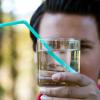
Make a Prism
Source Institutions
In this activity, learners will make their own prism and use a glass of water to separate sunlight into different colors.
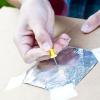
Measure the Sun's Size
Source Institutions
In this activity, learners make their own pinhole viewer in order to measure the size of the sun.
